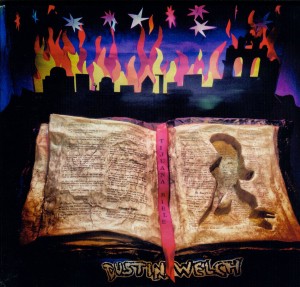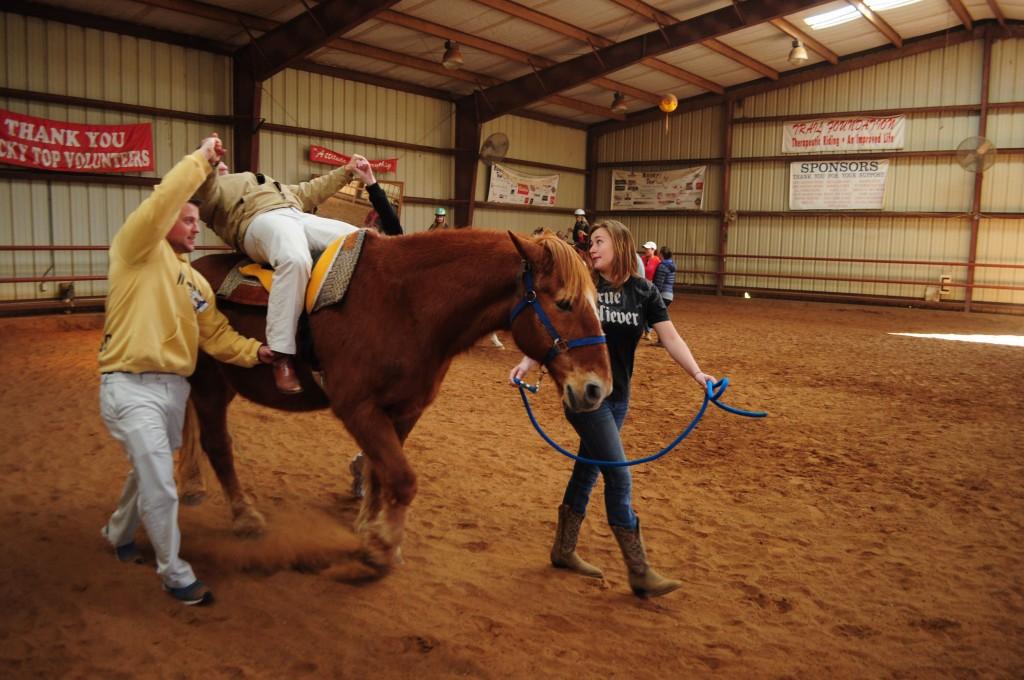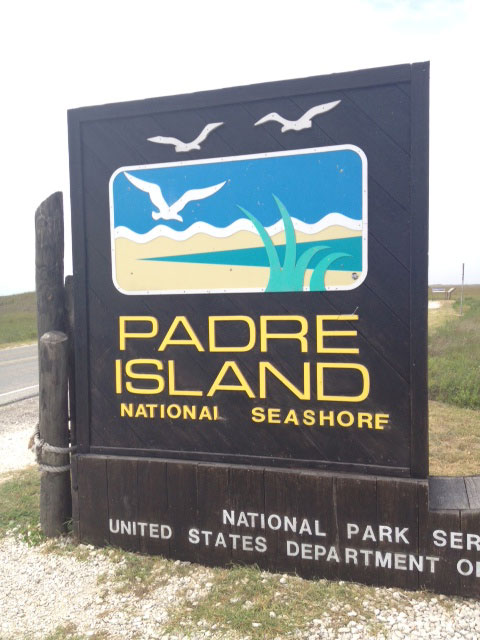By Kenney Kost/managing editor

Photo Courtesy Super Rooster Records
With elements of Americana, rock and folk music mixed with a touch of experimental jazz and Nashville country, Tijuana Bible should be a lock for an interesting, original album.
Key word: Should.
Upon first listen, the album seems to have everything in place to be a rare gem, one that brings you back to those headphones over and over to explore the space between each instrument and listen as they melt back together in harmony.
Then, the album plays through a second time, and the novelty begins to rear its ugly head.
The band has plenty of talent. Songwriter and multi-instrumentalist Dustin Welch wrote most of the music on the album as well as all lyrics. He was born in Nashville, raised by a father who had a Nashville record deal and learned from many of Nashville’s talented musicians of the time.
The rhythm section is spot on. From the experimental jazz fills to straight country rhythms, they flow with ease from one section to the next. The rest of the roster pull their own weight, adding texture with violins, keys and quality backing vocals among other instrumentation.
So what is the issue?
The album has no true identity once the honeymoon is over and one begins to dissect the album. It jumps from dark, progressive tracks like the bass-churning opener “Ash & Iron” to a Bruce Springsteen-meets-Nashville bore like “Across the Rubicon.” There is no cohesiveness to a record that begs to be a concept album.
Welch has a distinct voice, courtesy of Tom Waits. And the experimentation on the album is very safe, staying within the boundaries of things that have already been done — not really experimentation at all. More like bringing tried-and-true jazz and progressive rock techniques into the folk and country realm. It’s OK to have influences. Just don’t let them blatantly show through in your music.
Some gems appear on the album, and the stories Welch tells on most of the tracks are clever, well-written trials of characters plucked from all corners of America. From the Vietnam veteran of “Sparrow” to the down-and-out Hollywood socialite of “Party Girl,” Welch peers into the darker corners of society giving hope to some while following others deeper and deeper into their despair.
The two standouts on the record are “Tango Blues” and the title track “Tijuana Bible.”
“Tango Blues” chronicles a man who has turned his back on society after seeing tragedy day-in and day-out, putting himself on a pedestal above the sinners. Opening with an eerie acoustic guitar and harmonica melody, the track takes off with screaming violin and chugging guitars.
Welch wails, “Our toll, misfortune, spent and lost. Gotta cover the cost of this constant consequence and sin … Oh, I’d ask you here to have a drink, but this ain’t no tea for two, and I’m too good to tango with you.”
“Tijuana Bible” is a dark blues-rock romp with a bass line that drives the tempo from start to finish with intense violin swells throughout the track in just the right spots. The song tells the story of the son of an alcoholic prostitute who spends his entire life running and hiding beneath his own addiction.
“Well the curtains were drawn in my mother’s bedroom,” Welch sings. “Always kept her cabinets full of cheap perfume, and she used to pray on a Tijuana Bible … I’ll send the whole damn thing up in flames. I just gotta make sure nothing remains. Oh, I’ve got to pray on my Tijuana Bible.”
Tijuana Bible is not a complete waste of time. It has entertainment value and explores some borderline interesting musical philosophies and themes. But while it may stay in rotation for a while, I can see it fading into obscurity. That one album, remember? It was OK. Called Tijuana something?





















